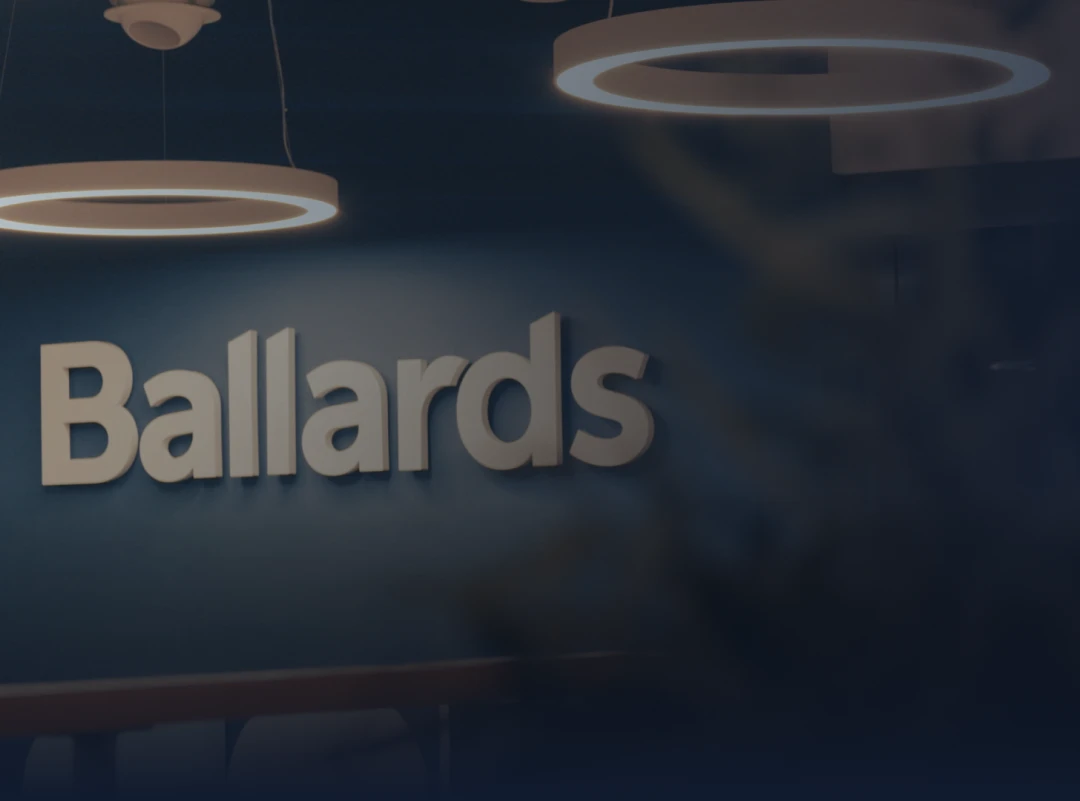Insights
Deeper thinking
Uncover the latest tax insights from our expert team, designed to help your business stay informed and ahead.


As a business owner, navigating the legal and financial complexities can be daunting. One crucial concept to understand is unlimited liability. At Ballards, we believe in empowering business owners with the knowledge they need to make informed decisions. This article explores the concept of unlimited liability, its implications, and considerations for business structuring.
Unlimited liability refers to a business structure where the owners are personally responsible for all the business’s debts and obligations. This means that if the business cannot meet its financial commitments, creditors can come after the owners’ personal assets – such as savings, investments, or even their homes – to recover outstanding debts.
The simplest and most common business structure, a sole proprietorship is essentially an extension of the owner. The owner has complete control but also bears full financial responsibility for the business.
A general partnership involves two or more individuals co-owning and managing a business. Each partner shares in the profits and losses and is equally liable for the business’s debts.
An LLC offers a balance between flexibility and limited liability. Owners (members) have limited personal liability for the business’s debts, protecting their personal assets.
Corporations offer the strongest protection against personal liability. The corporation is a separate legal entity from its owners (shareholders), limiting their liability to the amount invested in the company.
The ideal business structure depends on several factors, including:
At Ballards, our team of business specialists can provide comprehensive guidance on business structuring, taking into account your specific goals and risk tolerance. We offer a range of services, including:
Contact Ballards today for a free consultation. Let our experienced team guide you through the intricacies of business structuring and empower you to make informed decisions for your business journey.
Uncover the latest tax insights from our expert team, designed to help your business stay informed and ahead.